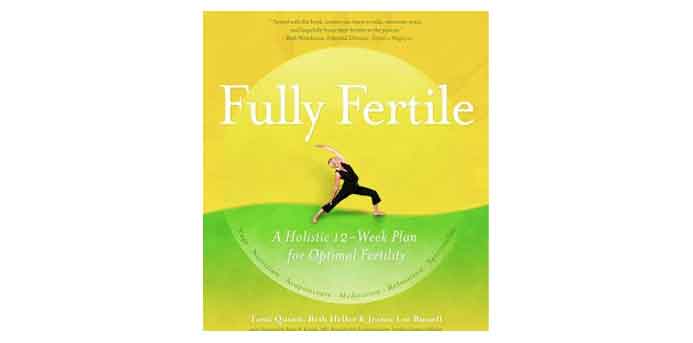The relentless quest to get pregnant can take its toll on women.
Research shows that infertile women have similar rates of depression and anxiety as women with cancer. Hard to believe, right?
Not if you’re Tami Quinn of Wilmette and Beth Heller of Chicago. They both struggled to start their families, and because of what they went through, they became yoga teachers and founders of Pulling Down the Moon, a center of holistic healing for women and couples who are trying to conceive. The organization, which has centers in the Chicago and Washington, D.C. areas, offers integrative treatments for fertility, including acupuncture, massage, yoga and nutrition.
And the two are about to take the country by storm, joining forces with psychologist Alice Domar, Ph.D., director of mind/body services at the Harvard-affiliated Boston IVF, to start Integrative Care for Fertility Centers around the nation. Quinn and Heller authored a DIY manual for holistic fertility, and the company’s website will serve as a virtual center. The duo’s efforts were recently featured in The New York Times.
Quinn and Heller talked with Make It Better about the changing world of fertility.
MIB: How has the understanding of fertility evolved in recent years?
Heller: The dialogue about fertility, and holistic fertility in particular, has just started. It’s a patient movement: Patients are saying to doctors, “I’m a mess, I’m going to quit.” The number one reason couples quit IVF is stress. Doctors can’t support patients emotionally, so we support them.
MIB: What should women know about fertility treatment when trying to start a family?
Quinn: Just because you set foot in a fertility doctor’s office doesn’t mean you have to do all the meds. Be proactive, even if you’re under age 35. See a doctor early on to make sure your tubes are open and his sperm is swimming.
MIB: Women often blame themselves for infertility. What do you do to combat that tendency?
Quinn: We recognize that it’s more than the woman, and that men need support, too. Many couples suffer from some form of infertility—and it’s a problem with the female only a fraction of the time. One woman said to me, “My husband feels like this is an attack on his masculinity. He’s suffering in silence.”
MIB: Why is yoga important for fertility?
Heller: Our yoga classes are fertility-specific. We focus on poses that open the hips— that release anxiety and sorrow—and we focus on the breath, and the thoughts that create our attitudes and beliefs. It’s a profound journey for many women. Trying to get pregnant is all-consuming. Yoga pulls you out of that hurricane and allows you to look at yourself.

